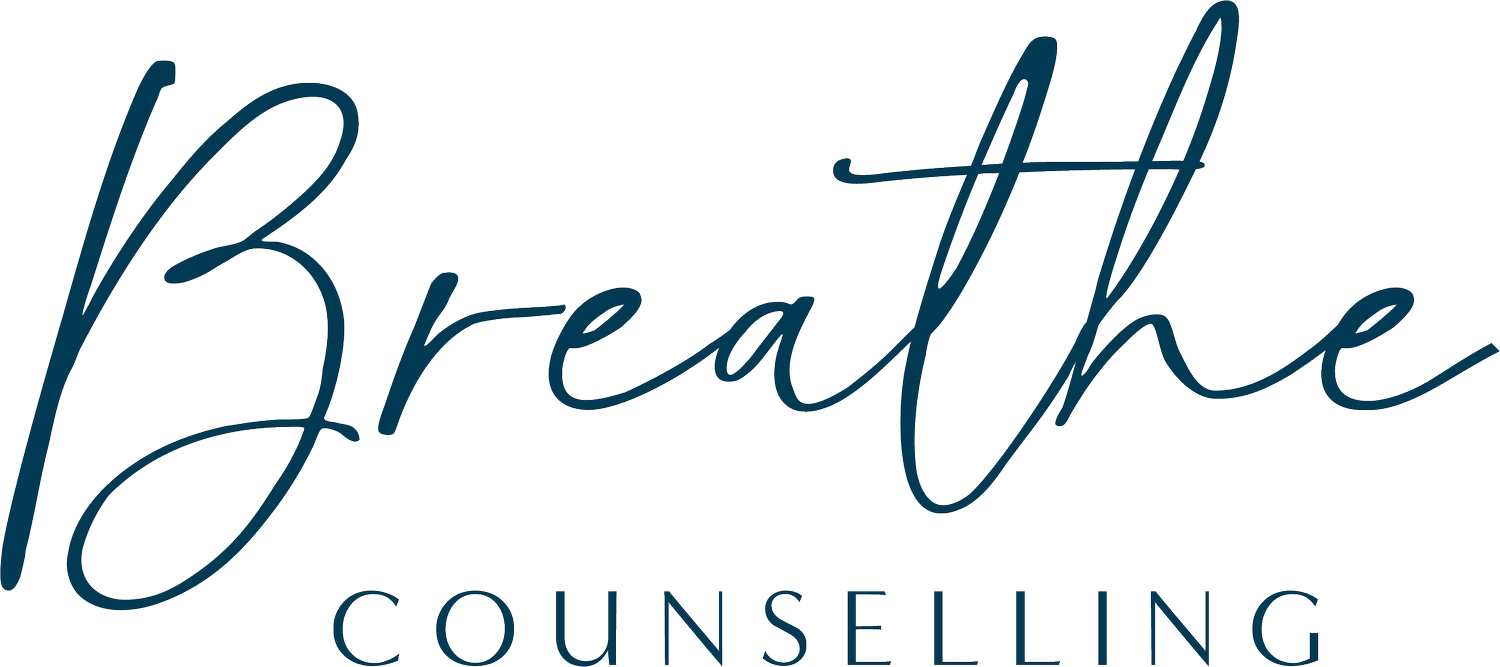The Role of Counselling and Therapy in Today’s Dating World
Navigating Anxiety and Depression: The Role of Counselling and Therapy in Modern Relationships
In today's fast-paced digital age, where swiping left or right on dating apps has become the norm, many individuals find themselves struggling with anxiety and depression. I continuously have conversations around how the transition from virtual interactions to face-to-face encounters may have exacerbated certain mental health challenges, leading to difficulties in communication, feelings of loneliness, and unresolved past traumas. Moreover, the lingering effects of the COVID-19 pandemic have added another layer of stress and anxiety to already vulnerable individuals. But, through counselling and therapy, I feel sessions have provided a beacon of hope for people, by learning valuable tools to support and navigate complex emotions and improve overall well-being.
Dating Apps: A Double-Edged Sword
Dating apps have revolutionized the way people meet and connect. While they offer unprecedented access to potential partners, they also introduce unique challenges, especially for those grappling with anxiety and depression. The initial excitement of matching with someone can quickly give way to feelings of apprehension and self-doubt when it comes to transitioning from online messaging to in-person interactions. Anxiety about how one will be perceived in real life, coupled with the pressure to make a good impression, can be overwhelming.
Communication Hurdles in Modern Relationships
The reliance on social media and messaging platforms for initial communication can hinder the development of effective interpersonal skills. Many individuals find themselves struggling to express their thoughts and emotions in face-to-face interactions, leading to a sense of disconnect and frustration in relationships. Talking to a professional specializing in this topic can help individuals overcome these communication barriers by providing guidance on active listening, assertiveness, and conflict resolution techniques.
Loneliness in the Digital Age
Despite the interconnectedness facilitated by technology, feelings of loneliness and isolation are pervasive in today's society. The superficial nature of online interactions often fails to satisfy the deep-seated need for meaningful connection and companionship. Moreover, the COVID-19 pandemic has exacerbated feelings of loneliness, as social distancing measures have limited opportunities for in-person socialization. Mental health therapy offer a safe space for individuals to explore these feelings of loneliness, identify underlying triggers, and develop strategies for building fulfilling relationships.
Post-COVID Trauma and Mental Health
The COVID-19 pandemic has left an indelible mark on the collective psyche, with many individuals experiencing heightened levels of stress, anxiety, and depression as a result of the trauma endured during this unprecedented time. Whether it's the fear of contracting the virus, the loss of loved ones, or the economic uncertainty brought about by the pandemic, the mental health repercussions are far-reaching. Therapists and counsellors provide a vital lifeline for individuals struggling to cope with post-COVID trauma, offering evidence-based therapies such as cognitive-behavioural therapy (CBT) and mindfulness techniques to manage symptoms and promote resilience.
Challenges with Medication and Routine
For some individuals, medication may be prescribed as part of their treatment plan for anxiety and depression. However, despite being on medication, they may find that their symptoms persist, and there is little improvement in their day-to-day functioning. In such cases, professional counselling can complement pharmacological interventions by addressing underlying psychological factors contributing to their mental health challenges. By exploring thought patterns, behavior triggers, and coping mechanisms, individuals can gain a deeper understanding of their condition and make meaningful changes to their routine to support their well-being.
Confronting Past Trauma
Unresolved past traumas can cast a long shadow over one's mental health, manifesting as anxiety, depression, and interpersonal difficulties. Many individuals may have never had the opportunity to confront and process these traumas, leading to persistent emotional distress. Trauma therapy provide a supportive environment for individuals to explore their past experiences, work through unresolved emotions, and develop healthy coping mechanisms. Through evidence-based therapies such as trauma-focused cognitive-behavioral therapy (TF-CBT) and eye movement desensitization and reprocessing (EMDR), individuals can reclaim their sense of agency and resilience in the face of adversity.
In conclusion, anxiety and depression can pose significant challenges in modern relationships, exacerbated by factors such as dating apps, communication barriers, loneliness, post-COVID trauma, medication efficacy, and past trauma. However, counselling and therapy services offer a multifaceted approach to address these complex issues, empowering individuals to cultivate healthier relationships, manage symptoms effectively, and embark on a journey of self-discovery and healing. By seeking support from psychologists, social workers, and mental health therapists, individuals can navigate the ups and downs of life with resilience and hope for a brighter future.
— Written by Aman Dhaliwal, Registered Social Worker & Owner, BA, MSW, RSW.
Breathe Counselling is a south Edmonton-based mental health clinic in Alberta, designed to listen, help, and coach those needing counselling and therapy. We specialize in couple’s counselling, men’s counselling, cultural therapy for newcomers, anxiety & depression, work stress management, life transition & loss. Hindi, Punjabi and Urdu counselling services are available through in-person, virtual or phone call sessions by visiting breathecounselling.ca.
